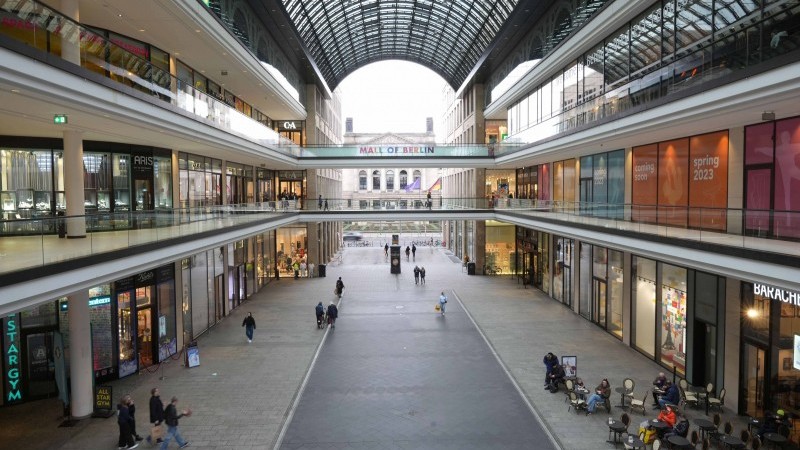The first concrete data on the eurozone economy in the first quarter did not give much cause for optimism. Retail sales may have increased slightly after a sharp decline in retail volumes in December, but are still well below November levels. This means that the January data points are still consistent with the broader downward trend seen since late 2021.
The situation does not look much better in the coming months, with the European Commission's monthly survey on retail trade showing that the expected business confidence for the coming months is largely unchanged and that inventories have not yet built up. In terms of inflation, this means that commodity prices will remain very modest at best. Fewer retailers expect price increases in February compared to the previous month. For the ECB, this means that while inflation in goods remains a source of disinflation, inflation in services has become a growing concern.
However, the weak demand for consumer goods has broader implications, as weakness in the euro area's manufacturing sector also widens. Inventories remain high at both retailers and industrial companies, and there are no signs of an imminent turnaround in consumer goods production. Therefore, while the direct impact of retail sales on GDP in January this year is relatively small, it signals a continuation of the broader economic weakness at the start of the year.

